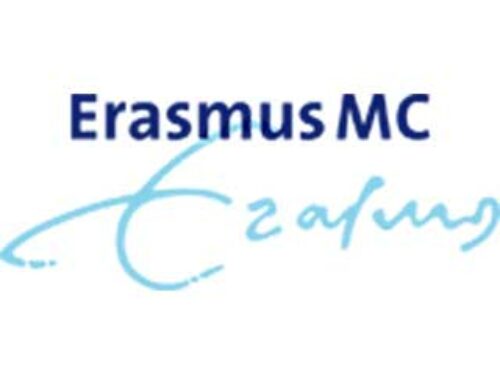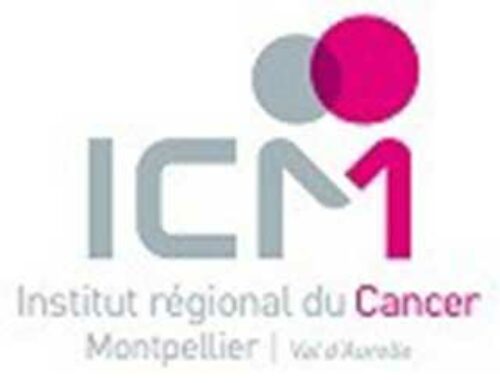 The Technical University of Denmark is ranked as one of the foremost technical universities in Europe, DTU is focused on approaching areas of medical biology with a strong technology emphasis. With the vision that new technologies are required to reveal the pathogenic mysteries behind yet untreatable diseases. DTU offers a strong technical environment and good administrative support, essential for the research output. DTU vet, is a section for Immunology and Vaccinology and has specific focus on Immunology related to both human and veterinary health. The group of Sine Reker Hadrup is a leader in multiplex detection of antigen specific T-cells by use of peptide-MHC based reagents. We have developed a next-generation detection technology for multi-parallel detection of antigen responsive T cells in infectious diseases and cancer, using DNA-labelled MHC multimers (manuscript currently under review in Nature Biotechnology). We are playing a major role in providing understanding of T cell recognition of cancer, and how antigen recognition can be translated into targeted immune therapies in cancer diseases. We are focused on development of new technologies and constantly strive to expand our platform to reach maximal complexity in T-cell detection, and combining the mapping of T-cell specificity with complex phenotypic and functional analyses. We have previously shown that the above-mentioned platform is feasible for detection and mapping of tumour-associated responses. As such we have used this technology to describe the T-cell recognition in NSCLC (McGranaham, Science 2016), Melanoma (Andersen/Hadrup, Cancer Research 2009) and Merkel Cell Carcinoma. We have expertise in mapping of mutation-derived neoepitopes based on personalized tumour mutations predicted from RNA and DNA sequencing of tumour material.in several cancer diseases. We have a high-throughput platform for generation of peptide-MHC complexes for approx. 50 different HLA class I alleles. Furthermore, we have a strong expertise in flow cytometry in general, and the detection and description of various immune-cell populations. SR Hadrup is a long-term member, and current chair of the Immunoguiding programme of the European Cancer Immune therapy organization (CIMT). The group of Zoltan Szallasi and Aron Eklund develops and applies cutting-edge computational methods for analysis and interpretation of genomic and genome-scale measurements of tumor specimens, with an overall aim to improve cancer patient outcomes by enabling improved treatment decisions and revealing new therapeutic opportunities. They have identified several DNA aberrations patterns that predict response to specific genotoxic therapeutic agents, some of which are currently undergoing extensive clinical validation. They have also been investigating next generation sequencing data in order to identify MHC/oncogenic neoantigen combinations that elicit effective antitumor immune response.
The Technical University of Denmark is ranked as one of the foremost technical universities in Europe, DTU is focused on approaching areas of medical biology with a strong technology emphasis. With the vision that new technologies are required to reveal the pathogenic mysteries behind yet untreatable diseases. DTU offers a strong technical environment and good administrative support, essential for the research output. DTU vet, is a section for Immunology and Vaccinology and has specific focus on Immunology related to both human and veterinary health. The group of Sine Reker Hadrup is a leader in multiplex detection of antigen specific T-cells by use of peptide-MHC based reagents. We have developed a next-generation detection technology for multi-parallel detection of antigen responsive T cells in infectious diseases and cancer, using DNA-labelled MHC multimers (manuscript currently under review in Nature Biotechnology). We are playing a major role in providing understanding of T cell recognition of cancer, and how antigen recognition can be translated into targeted immune therapies in cancer diseases. We are focused on development of new technologies and constantly strive to expand our platform to reach maximal complexity in T-cell detection, and combining the mapping of T-cell specificity with complex phenotypic and functional analyses. We have previously shown that the above-mentioned platform is feasible for detection and mapping of tumour-associated responses. As such we have used this technology to describe the T-cell recognition in NSCLC (McGranaham, Science 2016), Melanoma (Andersen/Hadrup, Cancer Research 2009) and Merkel Cell Carcinoma. We have expertise in mapping of mutation-derived neoepitopes based on personalized tumour mutations predicted from RNA and DNA sequencing of tumour material.in several cancer diseases. We have a high-throughput platform for generation of peptide-MHC complexes for approx. 50 different HLA class I alleles. Furthermore, we have a strong expertise in flow cytometry in general, and the detection and description of various immune-cell populations. SR Hadrup is a long-term member, and current chair of the Immunoguiding programme of the European Cancer Immune therapy organization (CIMT). The group of Zoltan Szallasi and Aron Eklund develops and applies cutting-edge computational methods for analysis and interpretation of genomic and genome-scale measurements of tumor specimens, with an overall aim to improve cancer patient outcomes by enabling improved treatment decisions and revealing new therapeutic opportunities. They have identified several DNA aberrations patterns that predict response to specific genotoxic therapeutic agents, some of which are currently undergoing extensive clinical validation. They have also been investigating next generation sequencing data in order to identify MHC/oncogenic neoantigen combinations that elicit effective antitumor immune response.


